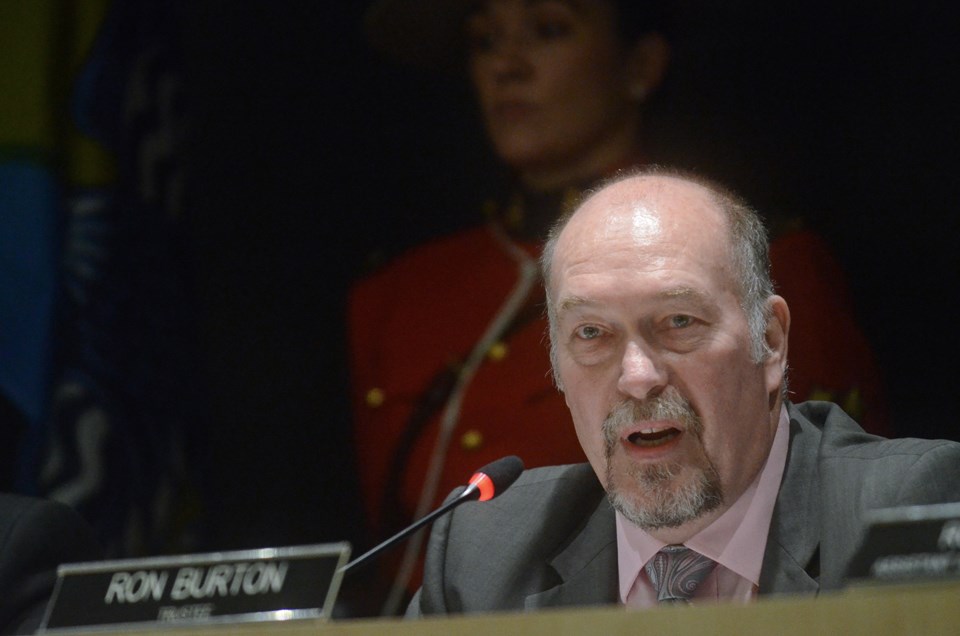The Burnaby school board was among the early voices calling on the provincial government to replace Vancouver trustees fired by Education Minister Mike Bernier on Oct. 17.
The board passed a motion at its Oct. 24 public meeting, calling on the province to hold a byelection to replace the Vancouver trustees as soon as possible.
“We strongly urge you to ensure that the residents of Vancouver have a voice in the governance of their school district,” stated an Oct. 31 letter from the board to Bernier.
The B.C. School Trustees Association, the provincial trustee body, wrote its own letter to the minister last week, calling for by-
elections as soon as possible in both the Vancouver and North Okanagan-Shuswap school districts. (The latter board was fired in June and, like the Vancouver board, replaced by a single, government-appointed trustee.)
“The very foundation of our democracy is a belief that citizens are best represented by elected officials who can represent the needs, desires, and goals of their local community,” stated the Nov. 1 BCSTA letter.
The Vancouver board missed the June 30 ministry deadline for passing a balanced budget and was fired on the day it was poised to finally pass one.
“In terms of firing a board, it’s a big step,” Burnaby school board chair Ron Burton told the NOW, “and it just seemed bizarre that they fired them the day they were going to pass a balanced budget. If they were going to do it, they should have done it in June, and then our position is that you should have an elected board to represent the community.”
Special report
A special report on the Vancouver school board by former deputy finance minister Peter Milburn released last Friday outlined problems with stability, financial management and governance at the board.
One problem, according to Milburn, was that some of the former Vancouver trustees saw their role as one of advocacy instead of stewardship.
“The primary role of school boards is to make the fundamental choices necessary to reflect the education priorities of the region within the funding envelope set by the provincial government,” states the report. “Managing such budget constraints is the cornerstone of corporate stewardship.”
Burton, however, said he sees the role of a trustee as more of a balancing act.
“It’s a fine line,” he said. “I think stewardship is what you’re elected for and advocacy as well. You have to walk a fine line. You have a job you have to do and part of it is to pass a balanced budget. I guess, in the Vancouver situation, they decided that they’ve gone far enough. They couldn’t do any more.”
In a discussion about how municipal politics may have played into the divisions among Vancouver trustees, Milburn cited some “school districts in similar jurisdictions” elected on party slates that have carried out their appropriate stewardship responsibilities.
The Burnaby board, made up entirely of members of the Burnaby Citizens Association, a municipal wing of the provincial NDP, passed a balanced budget in June.
“We take the government to task when we feel it should be taken to task,” Burton said. “I mean, underfunding is chronic and it wasn’t that much better, in all honesty, with the NDP, … so you’ve just got to do what you can to mitigate the damage to education. It is a lot more prevalent under this government than it has been in the past. All we always ask for is just, be honest. If you’re going to cut, say you’re going to cut. Don’t do the smoke and mirrors show.”



